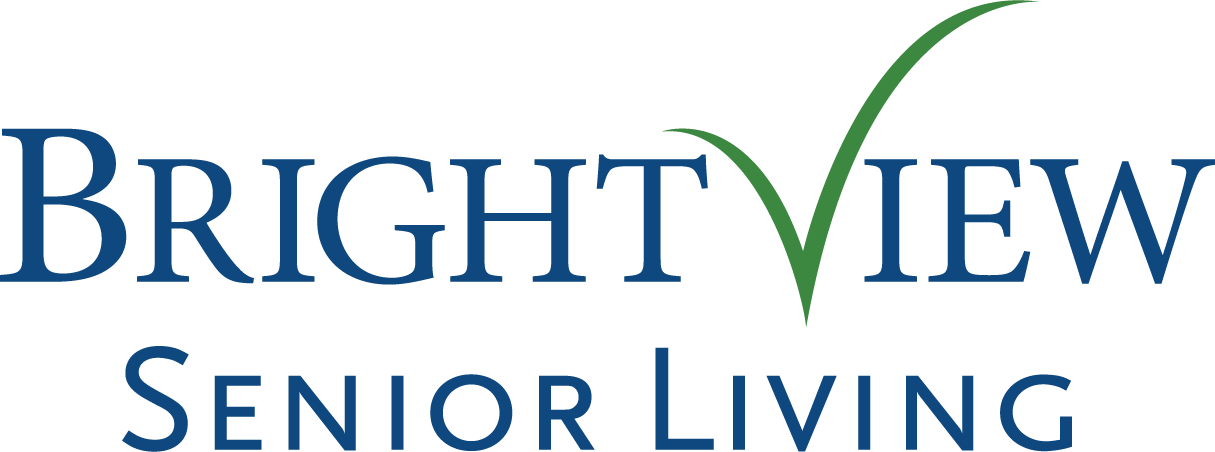Paying income tax is an unavoidable yearly obligation even for seniors living on a fixed income, and at this stage of life, it's especially important to find ways to lower your tax burden. The federal government offers certain deductions for residents of senior living communities, and they may provide savings whether you file taxes personally or have a parent or in-law who qualifies as a dependent.
Since each person's situation is unique, it's best to get professional advice about which deductions are available, so you can save on your taxes. As a general guide, here are the tax benefits that relate to senior living expenses.
Deductions For Care Services Provided in Senior Living Communities
Deductions for medical expenses related to the care provided in a senior living community may offer significant savings for those aged 65 and older who file their own taxes. Adult children who claim a senior parent or in-law as a dependent may also be able to deduct certain related health care expenses.
Requirements to Use Senior Living Expenses as a Deduction
The Internal Revenue Service has certain stipulations that must be met in order to use senior living expenses to offset the amount of income tax you owe. A key requirement is that only expenses paid during the current tax year and not reimbursed by insurance or other means are allowed.
To claim medical expenses, you must itemize your deductions using the IRS Form 1040, Schedule A, instead of taking the standard deduction. Additionally, you may only claim amounts that exceed 10% of your adjusted gross income (AGI). For example, if your AIG is $50,000, you must have expenses of $5,000 or more to use the deduction. You can subtract the difference of $3,500 if your qualifying expenditures exceed $8,500.
Understanding What Expenses Are Deductible
Medical care costs claimed as a tax deduction must meet the IRS definition of qualified expenses. An annually updated guide is issued by the agency outlining the types and specific expenditures that qualify and who may claim them. To take a medical expense deduction, a resident of a senior living community must be deemed chronically ill by a licensed medical practitioner within the previous 12 months. Chronic illness may be defined as the need for:
- Substantial help with at least two activities of daily living, such as eating, bathing, dressing and transferring, for a period of 90 days or more
- Constant supervision due to dementia or other severe cognitive impairment to safeguard against health or safety threats
Additionally, the services provided must follow a prescribed plan of care prepared by a licensed health care professional, such as a doctor, nurse or social worker. The premiums paid for services other than health or nursing care, such as room and board, aren't deemed to be deductible expenses in most cases. However, if the primary reason for residing in the community is to receive medical care, the total amount paid may be deductible.
High-quality senior living communities that offer health care services also have licensed staff who can work with a senior's physician to develop a personalized care plan. These communities can also advise you about the services that may qualify for a deduction and how to obtain the related documentation needed for tax purposes.
Claiming a Deduction for a Parent or Other Senior Dependent
If you claim a parent or other senior, such as an in-law, as a dependent on your tax return, you may be able to deduct a portion of the expenses paid to a senior living community for their care. To use these costs as a medical expense deduction, you must have paid at least 50% of your dependent's care costs during the tax year, itemize your deductions rather than taking the standard tax deduction and have costs totaling more than 10% of your AGI. The costs you claim must also meet the applicable IRS requirements to qualify as medical expenses.
Contact us at Brightview Senior Living today to learn more about the excellent services offered in our senior independent living, assisted living, enhanced care and memory care communities and how they could count as a tax benefit.
This content is for informational purposes only, you should not construe any such information as legal, tax, investment, financial, or other advice. Please contact a tax professional about your specific situation and tax laws.

